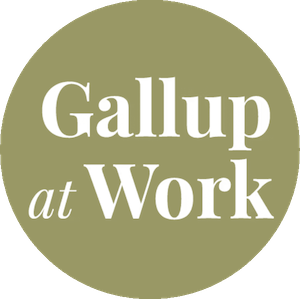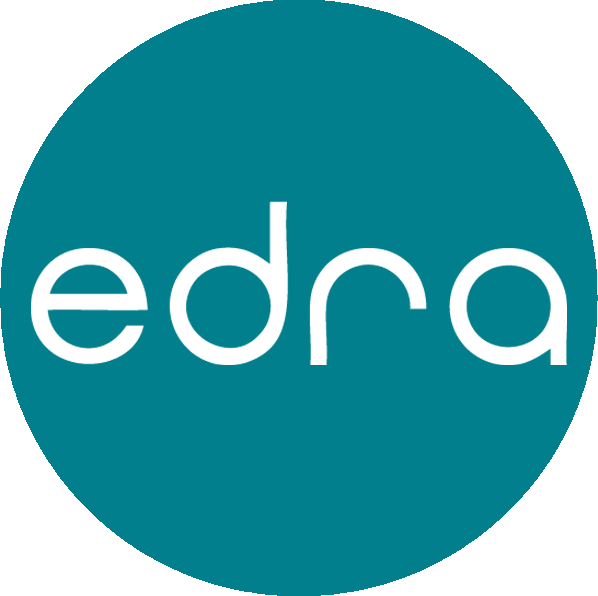Got Milk, at the Office?

Workplace Lessons from the Breakfast Table
Are you reading this over breakfast? Because, as it turns out, the most important meal of the day can teach us a lot about workplace design. As we think about revamping offices (and our homes) in this hybrid era, we’re also thinking about some of our favorite breakfast foods. If you’re a fan of conscious design—or early-morning carbs!—head to On Our Minds.
On our minds
We’ve been pushing a multisensory approach for years, but in an era of shrinking offices and remote tech, it’s easy to overlook the importance of a highly-intentional physical workspace. So, to keep this critical conversation at the forefront, let’s chat over breakfast!
1. We all love “Nooks & Crannies.”
In the 1970s, Thomas’ English Muffins needed a slogan, so their marketing company asked a group of loyal customers to talk about why they eat English muffins. A woman enthusiastically proclaimed, “I love the little nooks and crannies,” and breakfast history was made.
What’s even better than nooks and crannies in your breakfast pastry? Nooks and crannies in your office space! Think back to childhood. What are the spaces you remember most fondly? For many of us, they’re outdoor spaces: big hollow trees, bushes high enough to slither under; or indoor spaces such as window seats, crawl spaces under stairwells, bedrooms with sloped roofs, even the closet you buried yourself in. Kids love tunnels, playhouses, the sliver beneath the bed, the bubble of air trapped beneath a collectively-pinned parachute – and we’re all kids at heart! Why do you think conversation pits are making a comeback? Why do tourists flock to medieval villages, with tiny alleys and secret stairways? Why are we drawn to forests and narrow paths, winding through overhung branches?
Like the fierce, cave-dwelling felines that we’ve domesticated into fluffy house-cats—may they long haunt our discarded grocery bags and empty luggage—we’re innately attracted to cozy spaces. It’s about a simultaneous sense of adventure and safety and about making things digestible and human-scale. We crave these types of spaces and yet, modern architecture does a terrible job at providing them.
Architects may be well focused on the broad vistas, sweeping lines, and bright, airy spaces, but new builds have a profound absence of fun cubbies and intimate conversation nooks. These days, as many companies are rethinking floor-plans, designers should keep nooks and crannies in mind. Even without a full renovation, we can carve out creative spaces with furniture placement, multi-tier seating (think bleachers and bean bags), and even the placement of free-standing murals and art. A small booth or “working nook” can be sunk into floor-to-ceiling shelving, creating the same “alone but together” feel of a comfy booth at your favorite restaurant.
2. But we’re not all (or at least, always) fond of “Snap! Crackle! Pop!”
Are you having breakfast in the office? Can you hear your own chewing? Maybe you came in over the weekend because that’s when you prefer to work, and your breakfast sounds are the only thing cutting through the silence. Or maybe it’s Monday morning, and your office is so busy and noisy, you can’t hear yourself think—much less the crackle of your crisped rice growing soggy.
We’re all different, and we have different preferences on different days. Some people can’t work without music or white noise. Others require complete silence to concentrate. Neurodivergence is finally being recognized and celebrated in the workplace, but moving beyond the office “standard” (beige, cubicles, temp-settings designed for the average man) makes sensory design more complicated. (By the way, there is evidence that our brains may even code cubicles as “scary.”)
Designers need to start from a place of empathy, as we all seek solutions to creating healthier, more accessible offices—whether that means providing customizable settings through building-tech or exploring acoustic pods that will help some employees cut down on stress and lower cortisol levels. These kinds of changes may make the difference between certain employees being able to succeed and be productive in the office or not.
3. We should all be going for “Kid-tested, Parent-approved.”
Kudos to Kix for the fresh (more inclusive!) take on an old slogan – a model we should all follow – but too often, we’re missing the “kid-tested” part. We’re not being innovative or frankly, playful enough in our workplaces. We’re not placing as much value on delight as a metric as we are on more conventional metrics, such as target numbers. We have an amazing opportunity to transform what was a short-term workplace crisis into enduring workplace opportunity, and many companies—especially those mandating that employees return to the office full-time—are missing out.
We need to experiment more, in everything from sensory-based design to sustainability, in a way that centers employee well-being and the health of our planet over raw numbers. If employees are satisfied, data shows that the numbers (and parental-approval!) will come.
The short of it is, this isn’t just a breakfast conversation. It’s a lunch chat and a lengthy dinner discussion. Everywhere we are, we’re always somewhere, having some kind of sensory experience. What kind of sensations make “someplace” a place that you actually want to spend time?
From the archives
We got a bit nostalgic this month. Curious about how intricately place and memory are linked? We discussed this a few years back. Around that time, we were also talking about flexible space and what to consider when transitioning back to the office. Around this time almost a decade ago, we were talking tech trends and promoting (responsible!) use of data to create better workplaces.
In the spirit of breakfast, delight, and everlasting childhood, we’ll leave you with this vintage gem: “Snap, What a Happy Sound!”
In Case You Missed It
Last month we encouraged managers to chillax, even though change can be pretty terrifying. We also held a couple webinars and worked on some fascinating projects. If you were too busy going (with the flow!), here’s a quick recap on what we've been up to.
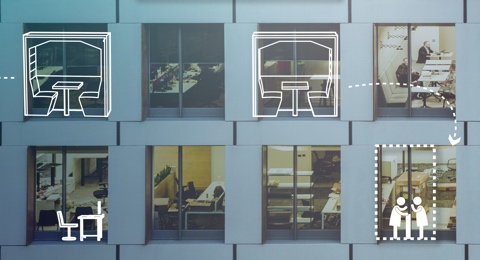
Prioritizing the In-Office Experience
If you missed PLASTARC’s webinar, catch the key points here and now. Panelists talked 10-year facilities plans, distinguished between utilization and occupancy, and discussed how COVID has changed workplace priorities.
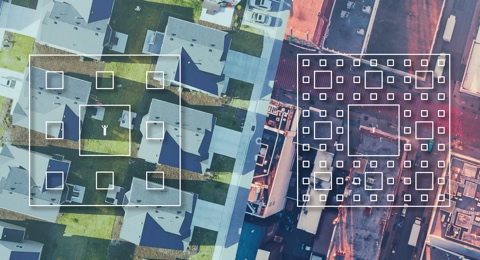
Going Deskless
PLASTARC’s most recent webinar gathered a panel of design experts to weigh in on making the office feel like a “place,” rather than a “space,” in part through ditching assigned desks.
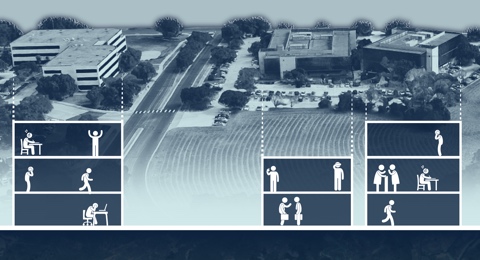
TCEQ Austin HQ
PLASTARC supported the Texas Commission on Environmental Quality to identify and leverage the long-term benefits of remote work. In the process, TCEQ moved towards reducing its real estate (and carbon) footprint while aligning day-to-day operations with its mission of sustainability.
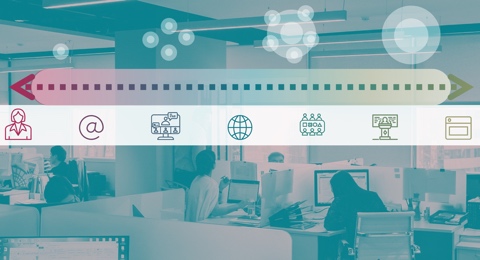
CFTC NYC Office
PLASTARC helped streamline CFTC’s change management by demonstrating how to establish and maintain clear channels for internal feedback and communication, an essential step for successfully accomplishing a government mandated real estate footprint reduction.
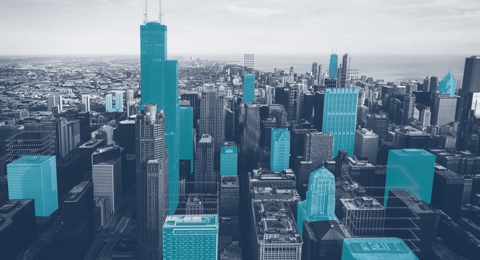
Builtworlds Day One
Miss the Buildings Conference? This was PLASTARC's first time and we really enjoyed the conversation. It truly takes a village to design, develop and operate our cities and their buildings. This event brought together the next generation to debate and imagine.
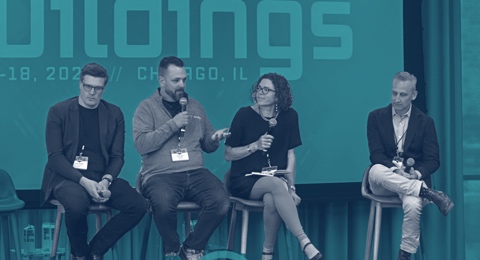
Builtworlds Day Two
Amidst conversations of smart buildings, prefabricated housing and updating codes to support a future of tech-enabled hybrid-cities, PLASTARC took the stage to debate: how do we best serve the occupant experience?
Looking Ahead
PLASTARC will be hopping around a lot over the next few weeks. Here are some of the fantastic events we’ll be attending, in case you’d like to come too.


